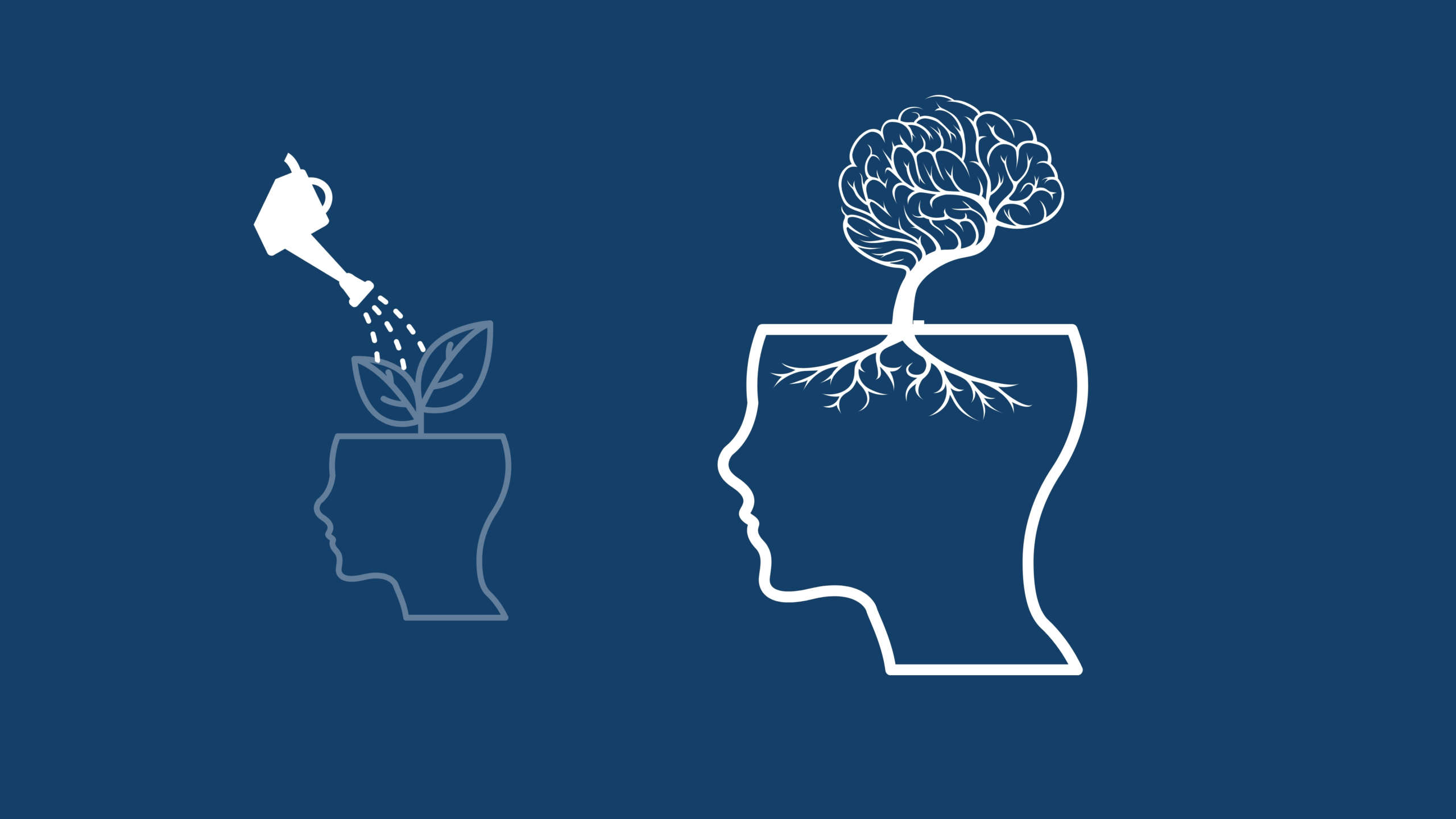The Heart is connected with our Mental Health. Unfortunately, we fail to not just correlate, we don’t even know our own Being that exists due to our Heart and Mind. Let us today come together to create a deeper and higher understanding of Mental Health and Heart.
By Mala Kapadia, Professor, Director of Wellness Practice & Resident Mentor
World Heart Day is on 29th September and World Mental Health Day is on 10th October. Have we ever paid attention to the correlation? The Heart is connected with our Mental Health. Unfortunately, we fail to not just correlate, we don’t even know our own Being that exists due to our Heart and Mind. Health itself has been seen as absence of illness, and mental health is generally thought of in relation to mental illness. Let us today come together to create a deeper and higher understanding of Mental Health and Heart.
We need to redefine Healthcare and Mental Health both the terms. Unfortunately, they both have been used in a negative connotation. Healthcare has nothing preventive or preserving of health in its field. Healthcare has actually become sickness care. The same way, mental health has a negative connotation. It is not a positive term about being mentally healthy. Mental health is used to denote imbalances or diseases related to mind. Ideally, Mental Health refers to a broad array of activities directly or indirectly related to the mental well-being component included in the WHO’s definition of health: “A state of complete physical, mental and social well-being, and not merely the absence of disease”. It is related to the promotion of well-being, the prevention of mental disorders, and the treatment and rehabilitation of people affected by mental disorders. However, in everyday use, this is not how mental health is perceived. The first step today, on 10/10 we need to take it to create a positive understanding of the term Mental Health as Mental well-being.
Psychological or emotional well-being is rooted in our integrated lifestyle and world-view. Ayurveda defines a Healthy person as one whose body-mind-senses- metabolism and Spirit are all in perfect balance. To achieve this state seems impossible to most of us, and too idealistic. However, small baby steps in our lifestyle can create huge difference. Our Being is connected with Nature, and including more of Nature, Sun, Moon, Sky, Stars, even the darkness of Night which is unadulterated by the artificial lights can bring inner peace and joy. In fact, Pandemic times can be seen as major threat to our Mental Health as it has created lots of fear and anxiety, social isolation and discomfort of home lockdown.
However, the same situation can be seen as a great opportunity for us to expand our understanding of life and achieve heart coherence. This is a time for us to restore balance in the stressful rat race and reconnect within with the desire of the heart. Heart not as cardiologists’ view, heart as a poet or a lovers’ view. This way of looking at heart is so much more scientific from the not so new, yet to be popular science of PNI- Psychoneuroimmunology. This is a field in medical science that studies our immunology at the cellular level. They study how our nervous system carries our emotions. And their research proves that Heart is the missing link between our body and mind. Ayurveda knew this link thousands of years ago, and were aware that mind and consciousness reside in the Heart. Shamans knew this and so did Mayans. All ancient traditions acknowledge the role of heart as a decision maker in our life. However, the Industrial Revolution mindset made brain the center and heart was sidelined.
In Yajurveda, one of the four Vedas, the need for the mind to be filled with positive thoughts is mentioned, Manah me shubh sankalpam astu. May my mind have auspicious thoughts. When the mind residing in the heart, is connected with the consciousness, then this positive aspiration is possible. However, when we live in a hurry-hurry era, caught up in materialistic hedonistic life, eating junk food, disconnected with Nature, then it is difficult to listen to the heart.
In “A Paradise Built in Hell” (2009), Rebecca Solnit aptly describes the complicated psychosocial consequences that can arise during and after an extreme event as: “that sense of immersion in the moment and solidarity with others caused by the rupture in everyday life, an emotion graver than happiness but deeply positive. We don’t even have a language for this emotion, in which the wonderful comes wrapped in the terrible, joy in sorrow, courage in fear. We cannot welcome disaster, but we can value the responses, both practical and psychological”. Post-Traumatic Growth (PTG), is a term that can help us transform on this 10/10/2020. The date itself seems magical, doesn’t it? All traumas are not bad. Some of them, like this pandemic, can slow you down, connect you with the inner voice, allow you to re-evaluate, re-form and re-generate yourself.
Re-view your life- what is really needed for me to be happy and healthy? How do I live from my heart- with more gratitude, optimism, love and trust? How do I detox my body and mind both? How do I declutter?
May our hearts and mind filled with shubham

